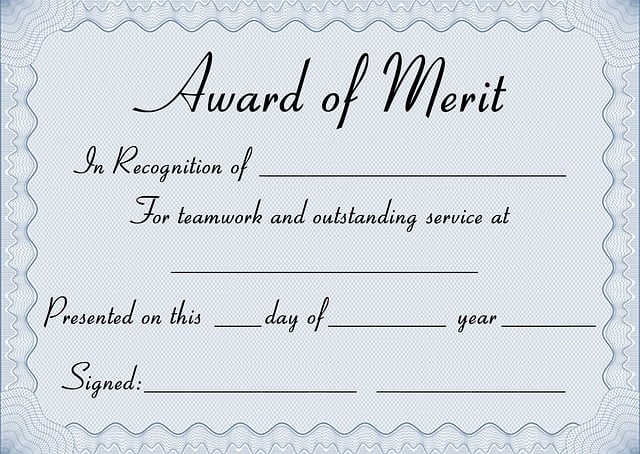[Image by Diane Kim of Pixabay]
Decisions…Decisions…Decisions
How do speakers decide which speaking opportunities to take? You could say you’ll take every speaking opportunity or…you could use the following fourteen tips to decide:
- Location: If it’s going to be in-person, where is the speaking opportunity taking place? Do you have the necessary time to travel? If it’s virtual, will you be conducting a dress rehearsal in advance to ensure you have the right equipment? Also, is a producer available?
- Audience: Who will be a sample of the attendees? What else do you know about them and their concerns? Can you relate to them with your topic? Are they decision makers? What is the size of the audience?
- Topic: Will you be speaking on a subject with which you have experience? Has your audience heard this topic before and if so, what will you add to freshen it up?
- Sequence: Where will you be in the line-up of speakers? If it will be multiple day event, the optimal position is to be earlier in the conference since if it is toward the end, you may not have the same number of attendees. Speaking of earlier, the earlier in the day that you speak, the better the opportunity. You don’t want to be at the end of the day or prior to or right after a meal. If you can select a particular spot, that’s ideal.
- Measurement of success: How will the conference be evaluated? Do you know what is expected of you?
- Recording: Will your session be recorded and will you have an opportunity to get an excerpt and place it on your website?
- Sponsorship: Who will be sponsoring this event? Do you support their mission?
- Timing: What is the allotted time you will be speaking? Does it make sense to you?
- Media: Have you inquired about in-person (traditional media) and social media contacts so you may follow-up accordingly?
- Remuneration: Will you be receiving payment, paying a fee to speak, or speaking free of charge? Each option has pros and cons so ensure you know; weigh the benefits of each choice.
- Interactivity: The more you can have audience participation, the better. So many choices are available but regardless of how you plan to encourage engagement, ensure you factor in the timing of your activities.
- Other Speakers: Know who else will be speaking at this event. Ensure you are not competing and consider how you can network with other speakers.
- Product: Will it be permissible to offer your product or service for sale or do you have permission to give it away?
- Gratitude: Within 48 hours, express your thanks for being asked to speak. (If you have other relevant topics you can mention them at this time.) Saying thank you helps you to stand out, be remembered and invited to return.
It’s not always about the money you’ll be paid to speak. This list gives you several points to consider whether or not a speaking opportunity has the merit you’re seeking. Think about this very carefully and you’ll make the right decision and add value!


